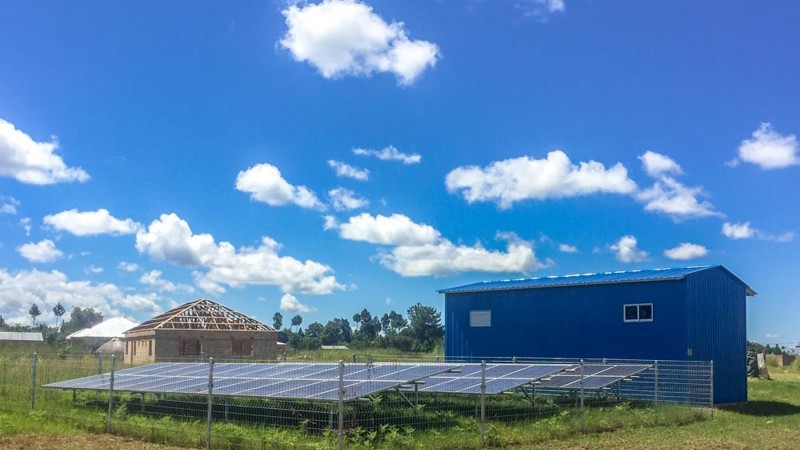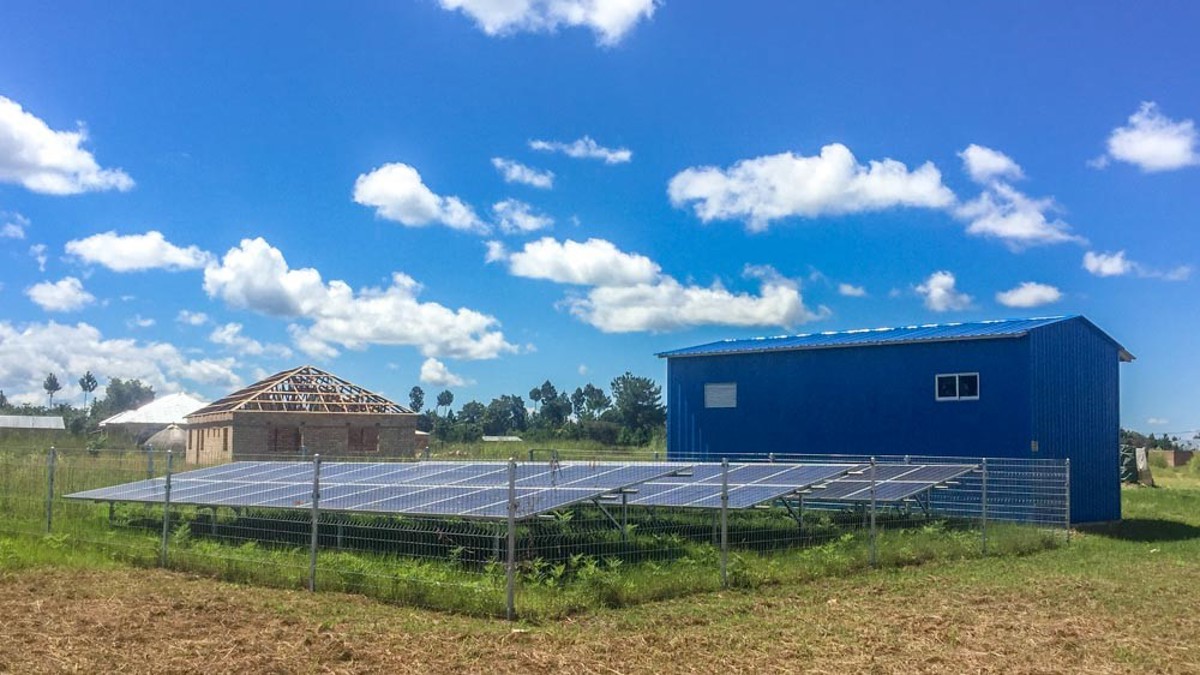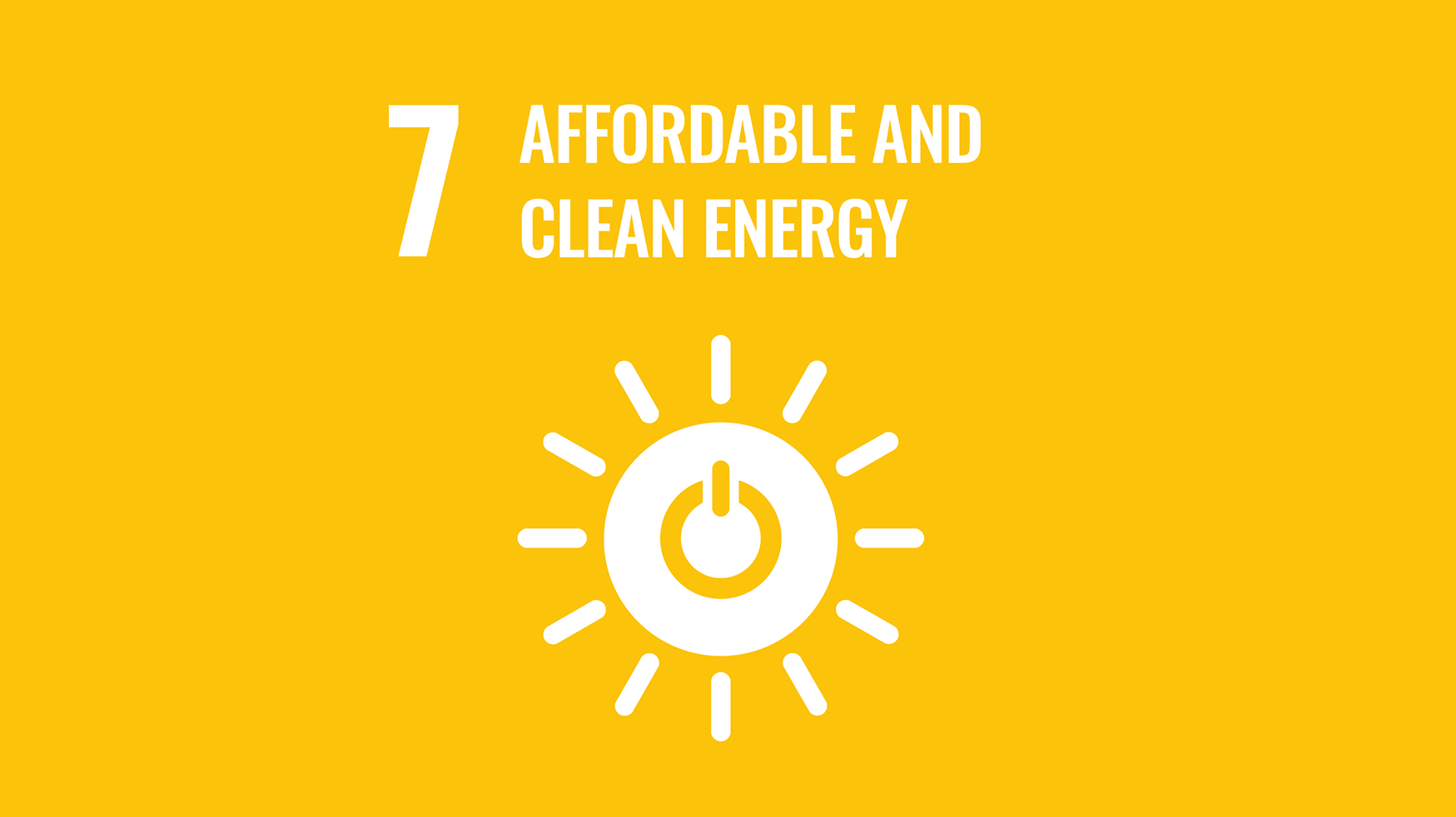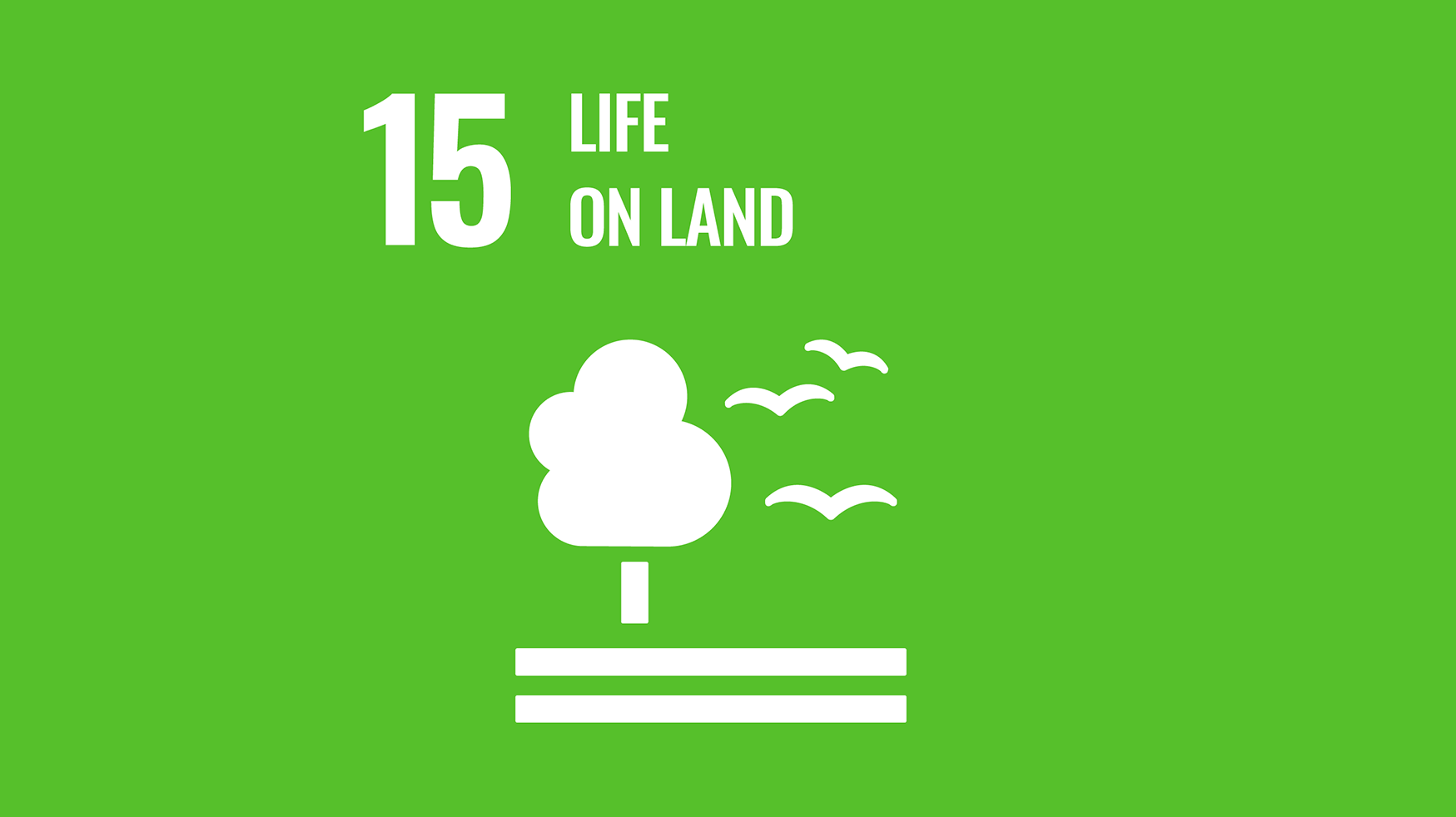
The project “Capacity Building for Renewable Energy and Energy Efficiency” funded by the EU, provided Technical Assistance to the Zambian Rural Electrification Authority (REA) for the development of renewable energy and energy efficiency demonstration projects in rural Zambia. The project started in 2017 and finished in 2024.
The specific objective of this TA was to support the deployment of renewable energy and energy efficiency actions and to provide capacity building to sector stakeholders in order to enable them to develop sustainable energy projects in the future. This project was part of the overall programme “Support to the Zambia Energy Sector: Increased Access to Electricity and Renewable Energy Production”, which aimed to increase Zambia’s citizens' access to clean, reliable and affordable energy and promote renewable energy production and energy efficiency, especially in rural areas.
Implementation
NTU facilitated high-quality advice, open discussions, know-how transfer, exchange of best practices and joint efforts with project stakeholders. The project supported REA’s ability to manage future renewable energy projects and fostered private sector engagement through innovative PPPs. In addition, it included tools for grantees to implement Demonstration Projects and comply with EU grants requirements, and tools for project management, monitoring, and evaluation. NTU ensured added value on the demonstration projects which included solar mini-grids and small hydropower plants in diverse geographical contexts in Zambia. What is more, we identified particular gaps in the capacities of public authorities and the private sector.
Particular lessons learned from this initiative were formulated and communicated to Zambia’s Government and the development partners, including Risk Management in PPPs, securing additional financing and assessing both the economic viability of projects and the financial capacity of asset owners are essential.
Impact
-
Increased energy access and rural electrification, reduction in energy shortages and general impact are supported by statistics: 5 solar and 5 hydro feasibility studies completed, 6 grant contracts prepared and 3 launched, and more than 20 CB training programmes delivered;
-
Up to 200,000 people were able to benefit from the electrification services outlined in the feasibility studies.
-
Potential to add to Zambia's overall energy capacity. For example, the proposed mini-hydro projects (e.g., Chipoma Falls at 540 kW, Pule wa Luangwa Falls at 840 kW) and the solar mini-grids collectively can add significant renewable capacity to the country’s energy mix.

SDGs
This initiative contributes to the following Sustainable Development Goals (SDGs):






